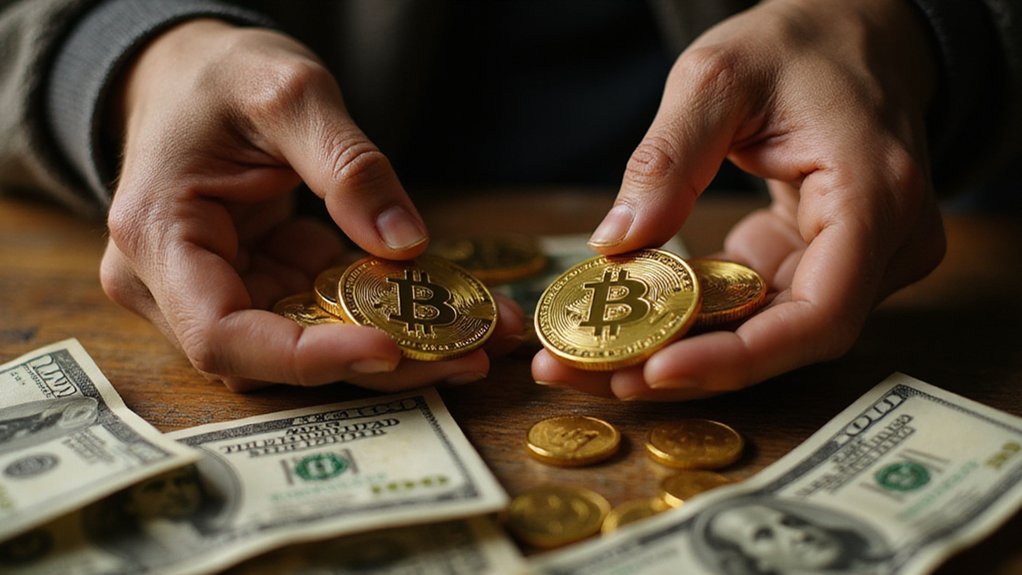While the Senate debates the finer points of crypto market structure legislation, a formidable coalition of 112 industry heavyweights—including Coinbase, Kraken, Ripple, and venture capital titan a16z—has delivered an ultimatum that would make even the most seasoned Capitol Hill negotiator pause: no developer protections, no industry support.
The coalition’s letter to the Senate Banking and Agriculture Committees reads like a diplomatic démarche wrapped in legalese, with the Blockchain Association and Digital Chamber joining forces alongside Uniswab Labs to declare software developer protections “non-negotiable.”
A diplomatic ultimatum disguised as industry correspondence, demanding non-negotiable protections with the weight of unified blockchain titans behind it.
One might wonder if lawmakers appreciate the irony of potentially stifling the very innovation they claim to foster through regulatory modernization.
The stakes extend beyond mere legislative posturing. Electric Capital’s data reveals a sobering trend: America’s share of open-source blockchain developers has plummeted from 25% in 2021 to just 18% in 2025, a brain drain that would make any economic strategist wince.
This exodus stems primarily from regulatory uncertainty that transforms coding from creative endeavor into legal minefield navigation.
The essence of industry concern centers on preventing misclassification of software developers and non-custodial service providers as financial intermediaries—a regulatory category that would subject them to compliance burdens designed for traditional financial institutions. The vulnerabilities inherent in smart contracts have already led to significant financial losses, with the DeFi sector experiencing billions in damages due to code-related security issues.
Imagine requiring a carpenter to obtain a banking license simply because houses sometimes facilitate mortgage transactions.
The Senate’s Responsible Financial Innovation Act (RFIA) promises relief by modernizing SEC oversight and establishing clear federal frameworks.
Complementary legislation like the Blockchain Regulatory Certainty Act offers safe harbor provisions protecting non-controlling developers from licensing requirements that could impose prohibitive costs on startups and individual programmers.
Industry leaders warn that without explicit federal protections, innovation will continue its migration overseas, weakening America’s competitive position in blockchain development. The US Department of Justice has signaled a regulatory shift by announcing it will stop prosecuting DeFi developers for unlicensed operations.
The current patchwork of inconsistent state laws only exacerbates legal risks, creating a regulatory maze that discourages domestic investment in decentralized technologies.
The coalition’s unified stance reflects broader frustration with outdated regulations attempting to govern twenty-first-century innovation.
Whether senators heed this warning or risk alienating an industry vital to America’s technological leadership remains an open question—one with implications extending far beyond Capitol Hill committee rooms.









